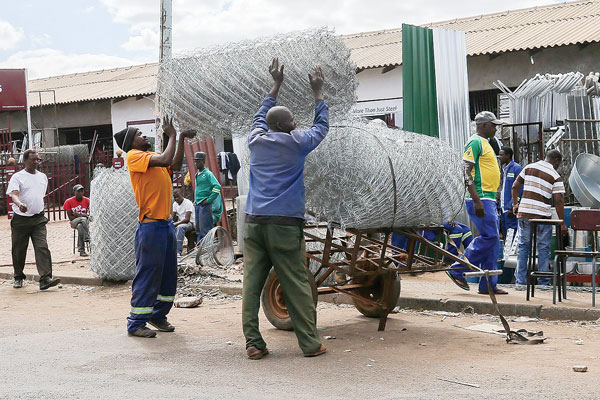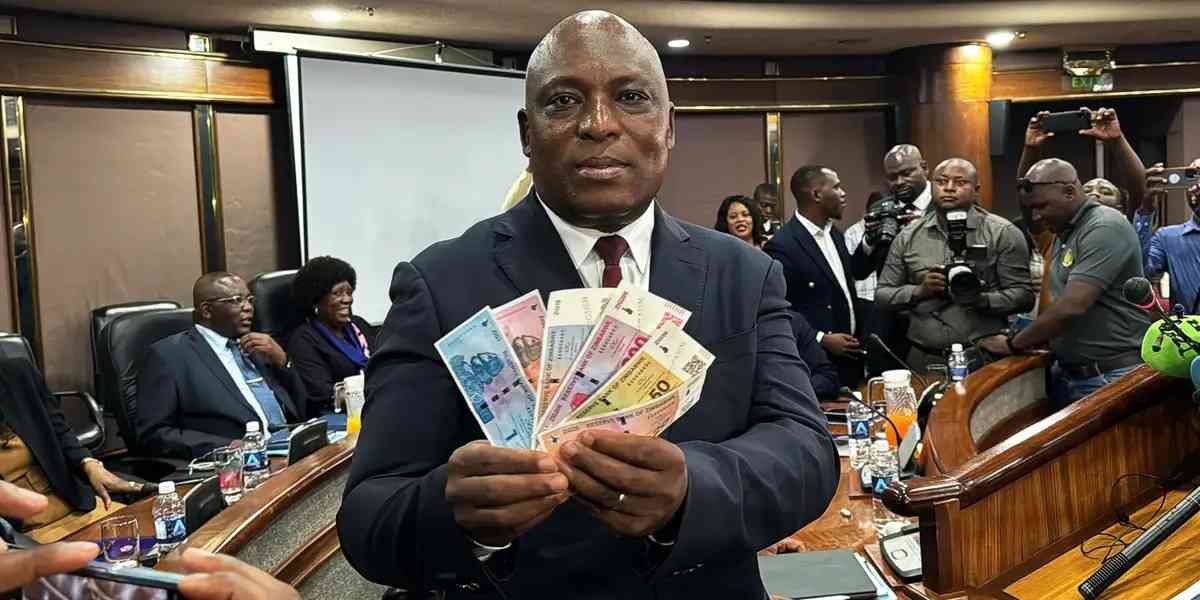
BY TAFADZWA MHLANGA
THE Ministry of Women Affairs Community, Small and Medium Enterprises Development has revealed that micro, small and medium enterprises (MSMEs) received loans and grants amounting to US$136 million from mostly government between 2014 and 2018.
A huge chunk of the money was channelled by government arms during the duration of the MSMEs policy that spanned from 2014 to 2018. Women Affairs Community, SMEs Development secretary, Rudo Chitiga told delegates attending the MSMES 2014 to 2018 policy review in Harare last week.
“The ministry recorded over US$136 million which supported the sector as loans and grants. A total of US$24 million was provided to SMEDCO by government for on-lending to MSMEs. The government has ring-fenced revenue paid through presumptive tax for on-lending and infrastructure development for the sector. Reserve Bank of Zimbabwe’s SME funding facility included the cross-border facility which was US$15 million; the gold support facility, (US40million); the women empowerment fund, (US$15 million); business linkages facility, (US$10 million); and the horticulture facility, (US$10 million),” Chitiga said.
Another US$22 million came from various development partners. While the amount does not factor in loans from local banking institutions, financial institutions have been tightening screws on non-performing loans. Moreso, most MSMEs do not have collateral, one of the stringent lending requirements needed by banks.
Chitiga urged the government to further support MSMEs because they contribute to the improvement of the country’s economy. “In order for the MSME sector to meaningfully contribute to the economy, there is need for a collaborative and well-coordinated approach to nurture and promote sustainable development of the sector. Zimbabwe’s economy is largely driven by SMEs, it is important for government to invest more into the sector to maximise on the untapped potential to the mainstream economy,” Chitiga said.
“Access to workspace such as factory shells and market stalls is still a big challenge and there is need to have a deliberate policy to address this challenge. There are unfavourable policies to promote formalisation of the MSMEs sector which include rigid local authorities by-laws, unsuitable tax laws for the sector and demand for fees and levies by various institutions,” she added.
She bemoaned limited collaboration of the sector by academic and research institutions, thereby inhibiting the sector from benefiting from innovations. She, however, urged the sector to speak with one voice.
- Chamisa under fire over US$120K donation
- Mavhunga puts DeMbare into Chibuku quarterfinals
- Pension funds bet on Cabora Bassa oilfields
- Councils defy govt fire tender directive
Keep Reading
Some 1 344 linkages involving 5 245 SMEs were created in sectors such as furniture, aquaculture, horticulture, retailing, food processing, honey, market gardening and construction sectors and 25 132 MSMEs were allocated workspace throughout the country. The type of infrastructure included factory shells, vendor markets, retail shops, open spaces, market stalls, tuckshops, boutiques, and sheds for individuals, hair salons, takeaways, flea markets and guest houses.
”Support services such as business management training, market linkages, association building and provision of equipment (leather and cotton clusters), among other business development support services, were provided. (Some 220) clusters were involved in leather, clothing, bee keeping, horticulture, carpentry and were trained in business management skills and cluster development in all provinces,” Chitiga said











